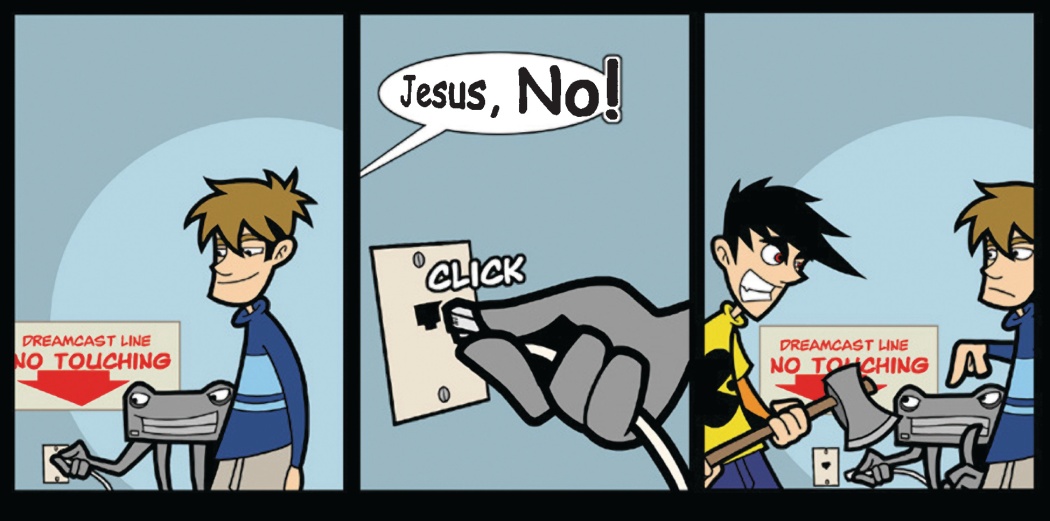I don't know what all of it means, yet; nobody does. I'll be right backstage when Phil Spencer discusses the manifold futures that may occur. Outside of a couple very specific instances - and I think this applies almost exclusively to a few Sony owned, marquee studios - the exclusivity that once allowed a platform to differentiate its silicon is just a new way to lose money. Helldivers 2, whatever else it may be, showed Sony and maybe everybody else what good it was keeping your toys to yourself. Square Enix learned that the tentpole games it wants to make barely make financial sense as exclusives, even on a console with almost sixty million units. So what does it look like when you represent the most massive agglomeration of game development talent, brands, and resources that has ever existed? Is exclusivity real in that case? Is it real, chat.
I was kind of an Xbox stalwart from the jump. Because it had an ethernet port, even in the portion of its lifespan before Xbox Live it introduced… I mean, it must have been millions to the concept of the LAN Party. I was already familiar because, well, you're welcome to peruse our twenty-five year archive. It was probably Splinter Cell: Chaos Theory that truly roosted in my mind. Because it was essentially a computer in there, it could do the cool rendering shit. Plus it had that co-op and that insane multi, it was like three fucking games. It's hard to imagine it happening anywhere else, because - outside of a PC - it couldn't.
The 360 is something that is gonna take some real historical chops to truly comprehend, and even then, you probably woulda had to be there. This was a console that routinely killed itself, burned up, had to be replaced, but sometimes - in the manner of a burrito - you could wrap it in a towel and it would reset the thermal paste. At least, I think that was what it did. This is why we need the historian. But somehow, a functionally suicidal device managed to win a round of the console wars because everything else about using it online was legend. Over time, this successful device was warped by Don Mattrick into an "everything machine" that slowly forgot what it was until it reached its dark apotheosis: The Xbox One. I know people who worked there back then, and they shudder to recall those times.
There is a lot to think about when it comes to this kind of concentration, some fears of which have potentially already been realized - though it seems like Tango's back at it, thank God. They made a cool game with all their hearts, and it rescued them. But you can't have an IP collection of this scale and power in front of you and now wonder about every shape it could take. Do they know yet? Are they ready to say?
(CW)TB out.
